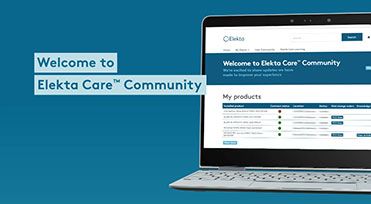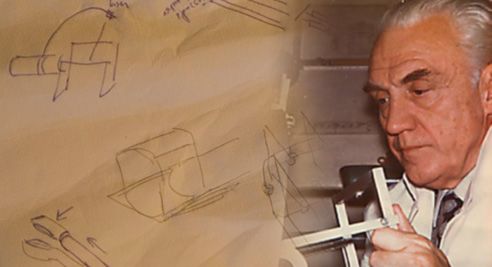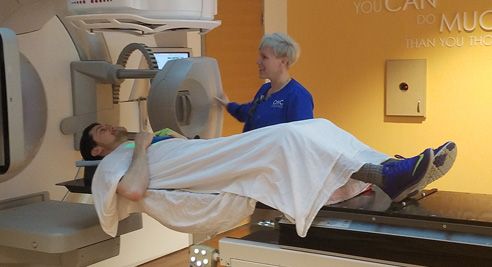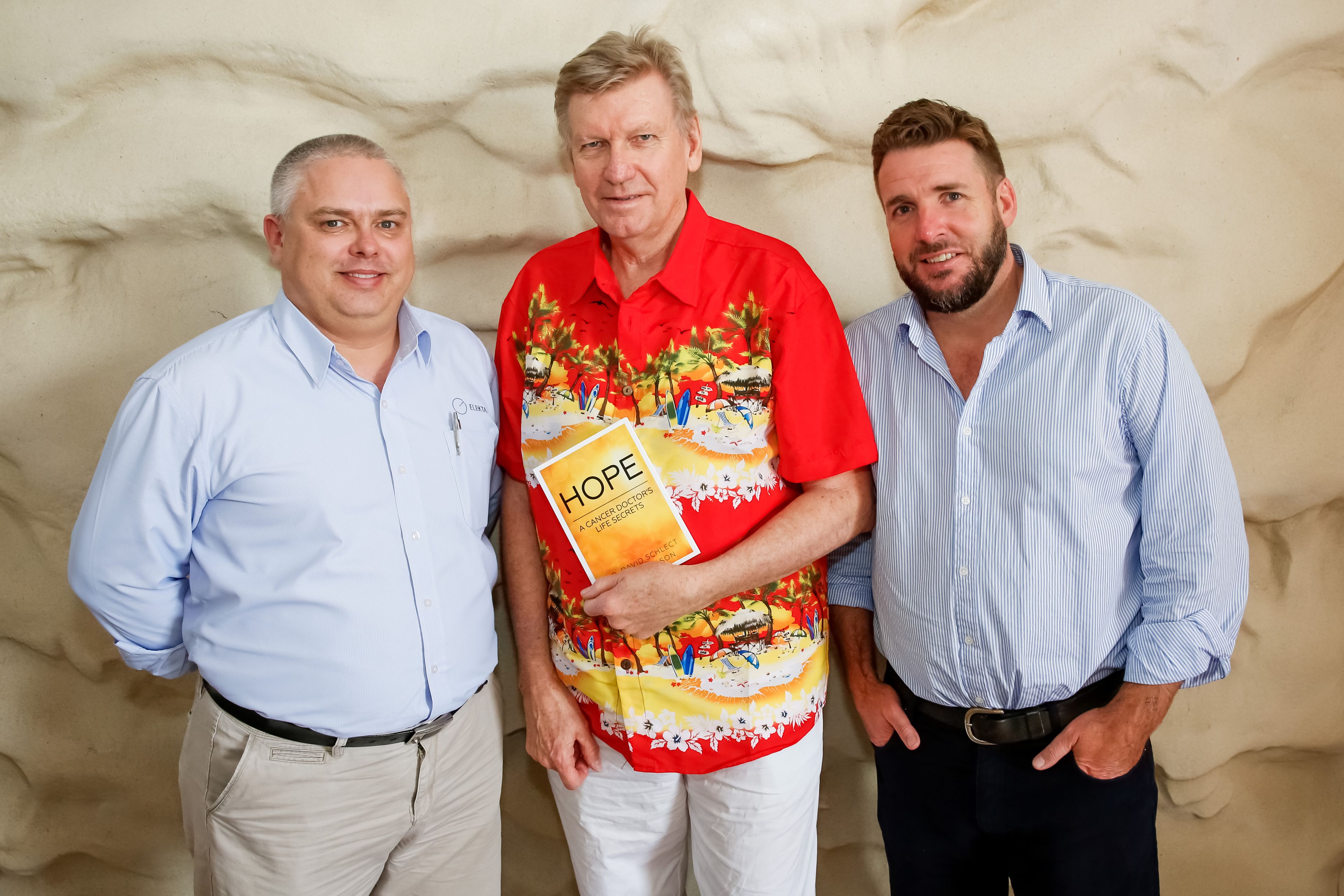Georgia Institute of Technology and Elekta team up
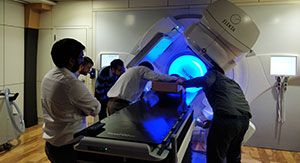
Post-grad students get hands-on instruction on linac operation at the Elekta Care Learning Center
Georgia Institute of Technology Master of Science and Doctor of Philosophy degree candidates in medical physics are receiving valuable hands-on experience with a working linear accelerator (Versa HD™) and other radiotherapy equipment at the Elekta Care Learning Center in Atlanta. In a week-long training program through a partnership between Elekta and Georgia Tech, students get to “kick the tires” of an advanced, modern linear accelerator and learn about its operation and quality control requirements. There is no additional cost to the students for the training.
Much of the credit for the inception of the program – called the Georgia Tech-Elekta Medical Physics Practical Workshop – can be attributed to Steven Biegalski, PhD, Georgia Tech Nuclear and Radiological Engineering and Medical Physics Program Chair, who recognized a gap in his students’ knowledge of Elekta solutions.
“It is a great gesture of goodwill and should imprint a positive impression of Elekta and Versa HD as these students move into their careers.”
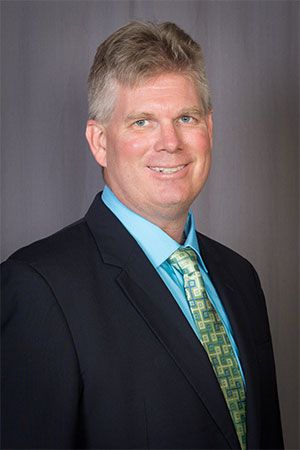
“I first met with Elekta’s Paul Naine and Alex Solodkin to discuss opportunities for our students to engage with Elekta,” says Dr. Biegalski, who worked to coordinate the training plan with Georgia Tech, Emory University and Elekta professionals. “Our students have not had much experience with Elekta systems, which is a deficiency as Elekta is a significant player in medical physics and radiotherapy. Paul and Alex were extremely receptive to my interest in partnering with Elekta and they deserve a lot of credit for making this program a reality in just a few months. It is a great gesture of goodwill and should imprint a positive impression of Elekta and Versa HDTM as these students move into their careers.
“From a Georgia Tech perspective, the students have an excellent opportunity to work with the Versa HD system and become familiar with its operation, maintenance and capabilities,” he adds. “In addition to the program being an outstanding learning experience, it adds value to the students when they apply for residency positions and enter the workforce.”
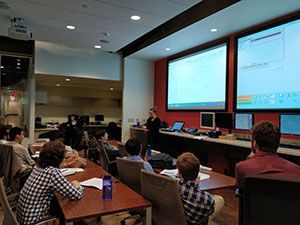
Alexander Solodkin, Senior Manager, Operational Physics, notes that the Elekta Care Learning Center is a high volume, high throughput facility with tight schedules, but that Elekta emphasizes educating students as a company imperative.
“We wanted to give back to the academic community and help train the next generation of medical physicists so we freed up the time to make the program happen,” Solodkin says. “The idea for the program is that every year the current group of Georgia Tech medical physics students – who are at the stage of their curriculum where they need hands-on experience – will come to the Elekta Care Learning Center in June for our joint training program before they begin their clinical rotations.”
“We wanted to give back to the academic community and help train the next generation of medical physicists so we freed up the time to make the program happen.”
The simple, but immersive training program spans Monday to Friday and covers system overview and mechanical checks, monthly and annual checks, and imaging and treatment planning systems.
Students offer glowing feedback
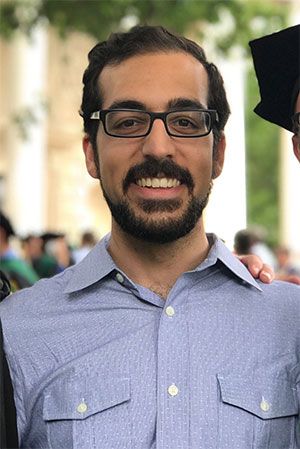
Georgia Tech medical physics student and Practical Workshop participant Maziar Adloo says the hands-on training he and his fellow students received during the week-long class has been “very instructional and will be extremely helpful” as he pursues his medical physics career.
“As quality assurance [QA] is an important part of a medical physicist’s job, being able to run through TG-51 and TG-142 during last week’s training was a great experience,” Adloo remarks. “Knowing how to set up multiple kinds of water tanks, to perform QA procedures correctly and efficiently and to work with Elekta hardware and software are invaluable lessons that give us a head start in our careers.
“The educational set-up in the Elekta Care Learning Center helped facilitate our learning immensely,” he adds. “The space was comfortable and everyone went out of their way to answer any questions we had. Our instructors from both Elekta and Georgia Tech were especially great. They were very knowledgeable and had a breadth of experience in both the clinic and industry that they shared to help us form ideas about our own career paths. I feel very lucky to have participated in this program.”
Georgia Tech medical physics Master of Science degree candidate Bryce Murray says that gaining practical experience with a linear accelerator will help in his efforts to obtain a residency position.
“The Elekta Care Learning Center facilities and equipment were great – I loved having any piece of equipment on hand, as there were still several items, such as specific imaging phantoms, that I had yet to use.”
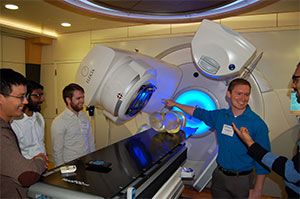
“We were able to become familiar with treatment planning, imaging and how a patient treatment would proceed on the linac, which encompasses a large majority of our future responsibilities,” he says. “In a future situation I will be prepared and feel comfortable using an Elekta linac, whereas without the training there would have been growing pains. In addition, the Elekta Care Learning Center facilities and equipment were great – I loved having a variety of equipment on hand, as there were still several items, such as specific imaging phantoms, that I had yet to use.
“I want to thank Elekta for everything they did for us! It was a great experience and I am so glad that I was able to be part of it,” he adds.
Fellow medical physics student and Workshop participant Gary Stinnett says that the hands-on experience has better prepared him for entering a residency program after graduation.
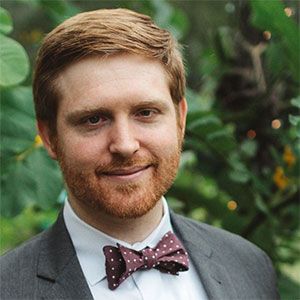
“Through clinicals and our labs we were usually coached through the Task Group 51 and Task Group 142 QA protocols, but with the Practical Workshop experience we had the opportunity to work through QA ourselves and be the primary drivers of the linac,” he says. “Going through this has also given me the opportunity to work through the physics again and hopefully be more prepared for interviews.”
Elekta is pursuing other partners to extend this hands-on real world experience to other students in medical physics educational programs.
Elekta is committed to bringing cancer care to everyone and that includes ensuring that there are enough medical physicists trained to meet today’s and tomorrow’s needs. We would love to hear from program directors of medical physics programs who are interested in this type of collaboration. Tweet us @Elekta to ask for more information!
